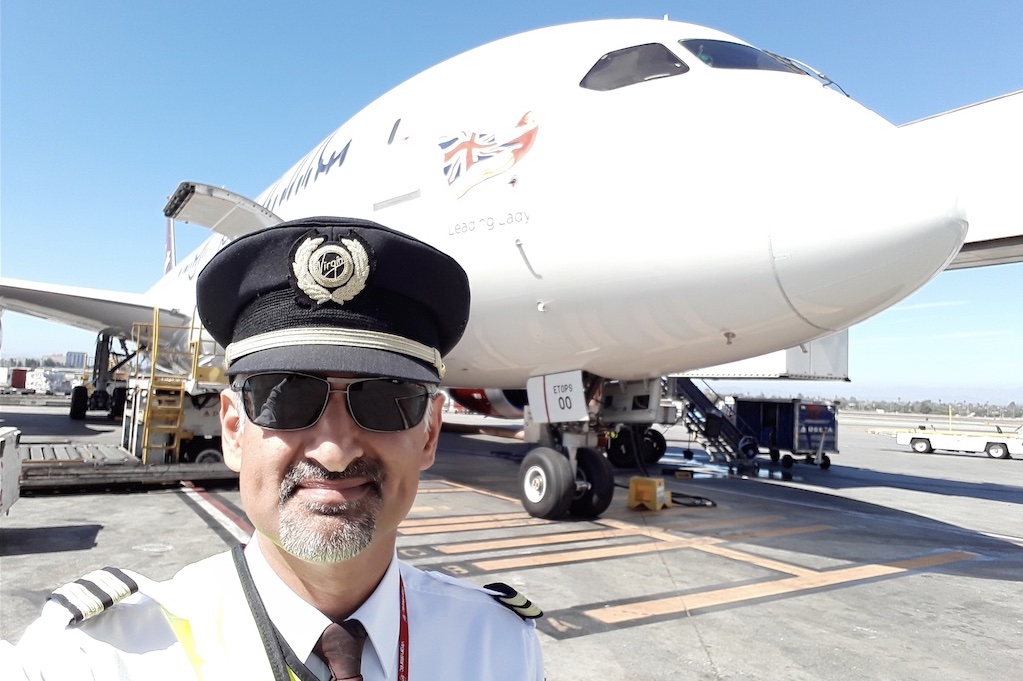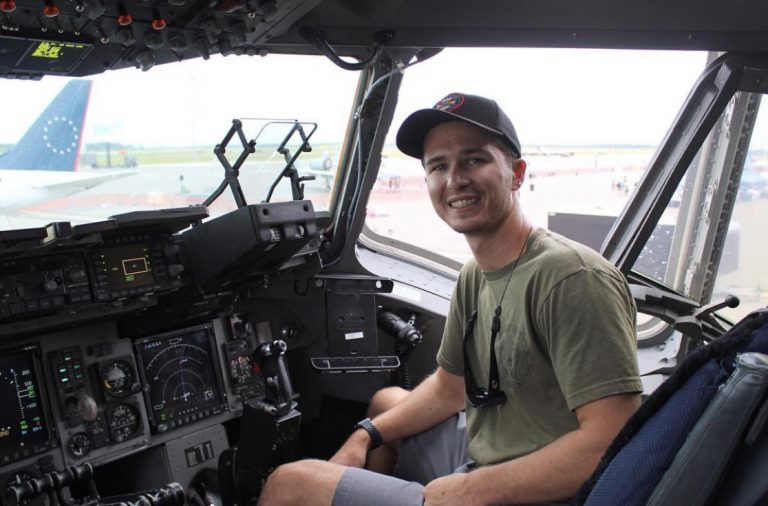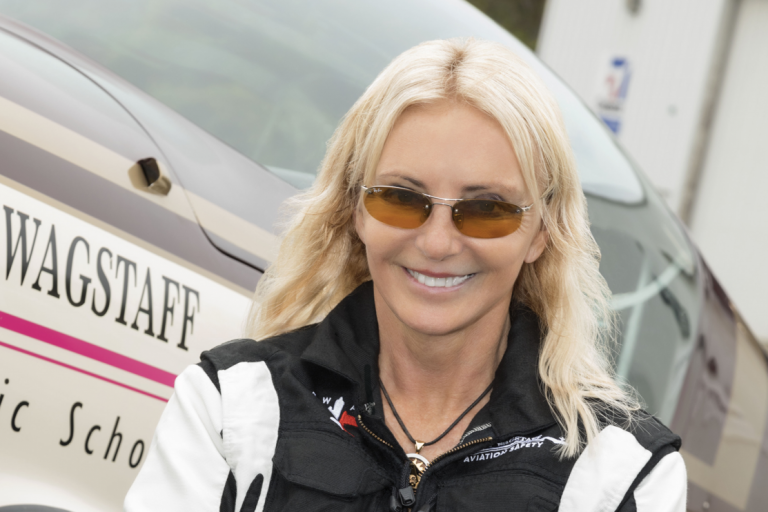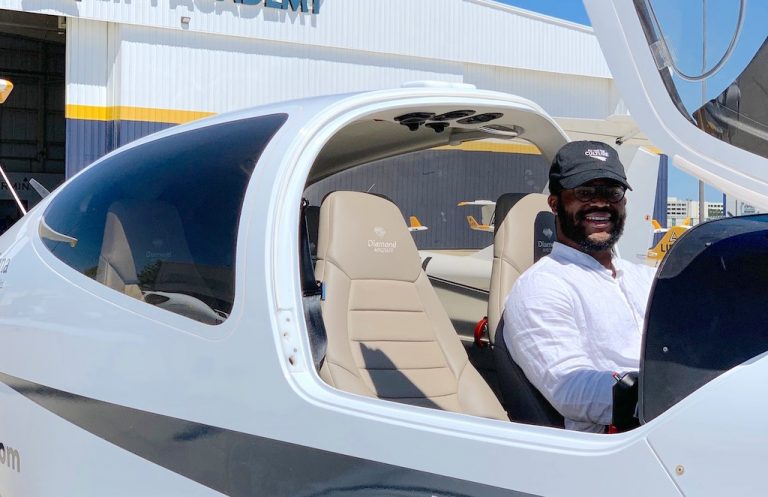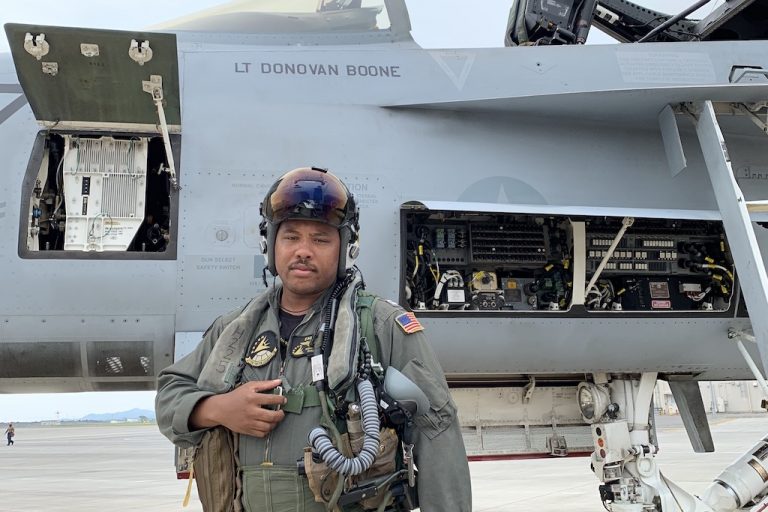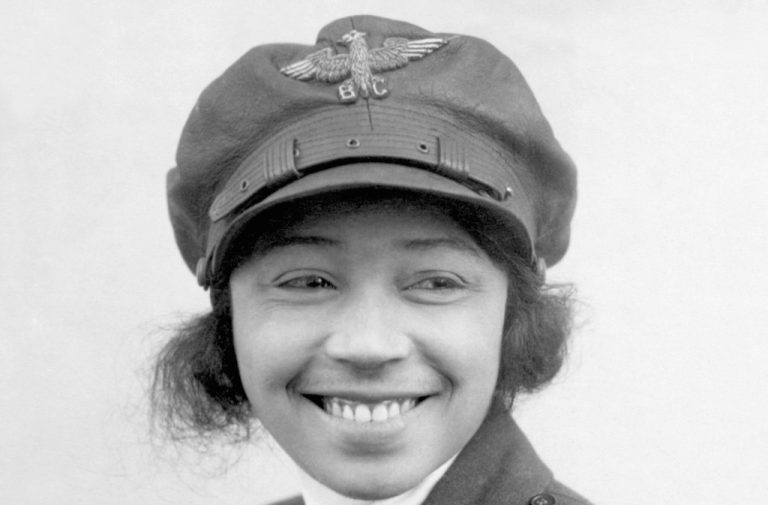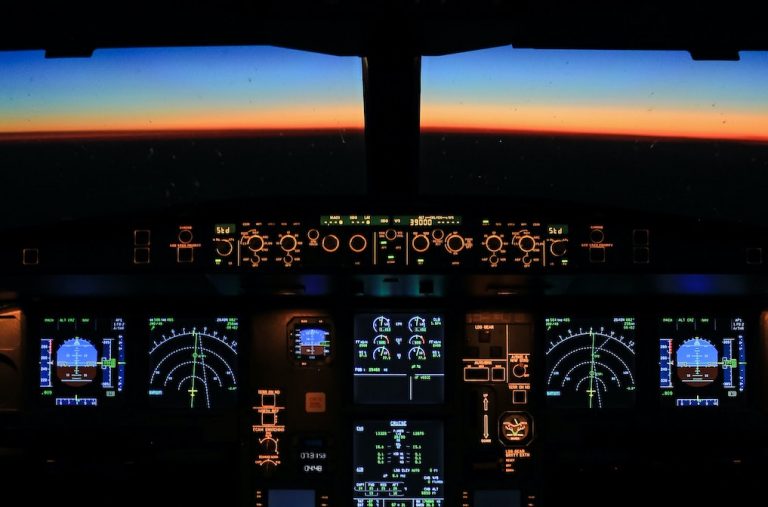Sheraaz Rasool
Sheraaz Rasool is a London-based First Officer on the Boeing 787. As a long-haul pilot, he spends his days and nights crisscrossing continents, moving passengers from cities around the world to and from London Heathrow. He’s the son of a working-class Asian Muslim family from Birmingham.
Like many pilots, Rasool was captivated by flight from an early age and built model airplanes as a child. But paying out-of-pocket for flight training was not an easily available option. So, Rasool began to look into the military as a means of learning to fly.
He joined the Air Training Corps, the U.K equivalent to the U.S. Civil Air Patrol. He then tried to join the Royal Air Force but was unfortunately selected out because he required glasses. Although for civilian pilots, even in the airlines, requiring glasses is rarely an issue, many military programs require uncorrected 20/20 vision. Nevertheless persistent in his aviation goals, Rasool entered a career in internet technology (IT), intending to save up and pay for his way through civilian training at a later date.
In February 2000, he started civilian training, one of three Black, Asian, Minority, and Ethnic (BAME) students in a program of two hundred. He graduated from training in late September 2001, just weeks after the terrorist attack on the World Trade Center in New York. As the resultant downturn in aviation began to take hold, Rasool’s goals seemed to slip further and further away.
His airline goals were delayed, but Rasool found work in the airlines — first as a dispatcher, then later for the same operator flying the De Havilland Q400 and Embraer 170/190 series regional jets. Continuing his upward trajectory, Rasool then took a position flying the 787 for Qatar Airways in Doha.
While thrilled at the opportunity to fly one of the most modern jets in the world, he eventually desired to move back to his family in Birmingham, so he changed airlines. Now he is London-based, still flies the 787, and drives to work for trips that then take him all around the world. “I was really lucky”, he says, looking back. “I had very supportive parents at home.”
Asian pilots are rare in the U.K. workforce, but Rasool is clear that his experiences have been generally good. Looking back on his time in the Civil Air Cadets he says “I never experienced racism in that program. Those guys were really helpful.” “At my first airline,” says Rasool, “I remember there was one Black Captain…there were a few Asian pilots”. Although 96% of the U.K. pilot workforce is white and male, his experiences have been mostly devoid of overt racism. But his friends at other airlines have experienced more pronounced issues with their colleagues. It tends to be a generational thing, says Rasool. Pilots who were brought up into the early ’70s often have a different mindset than their younger colleagues. “Those guys were in an environment where overt racism was acceptable.”
Rasool volunteers his time with Fantasy Wings, a non-profit dedicated to promoting aviation careers to BAME individuals. He advises aspiring pilots to explore flying opportunities in the armed forces first, for two reasons. One, “it will give you the opportunity to serve your country, which nobody can take away from you”; secondly, it will allow you to learn from very good instructors. And, he says, “if you can join any sort of uniformed, disciplined group…it will give [aspiring pilots] teamwork skills [and] leadership skills…And whatever you do, do your best. Show your character. We can achieve.”

